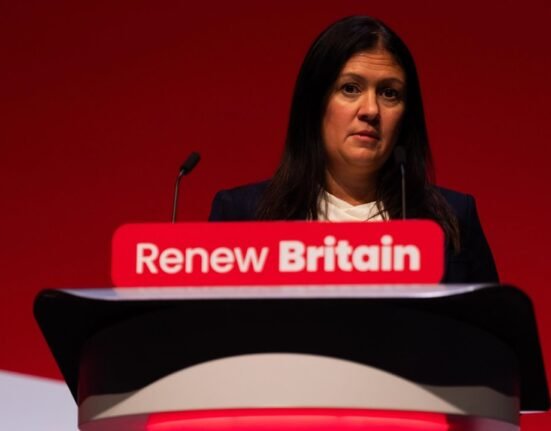Michael Smurfit once said that “equity is blood” and that founders should hold on to it as though their lives depend on it. Sometimes, however, a transfusion is required but finding the right match for investment is often as important as the amount received.
“What matters for founders is properly qualifying investors before speaking to them,” says Will Prendergast, partner at Frontline Ventures. “The biggest pitfall we see is founders pitching venture capital funds who never, or rarely, invest at their stage or in their sector.
“But there are many funds who do invest at the concept stage. Typically, these funds are assessing the vision and ambition of the founding team, the market size and the level of insights in product and distribution strategy. The same applies to angel investors and governmental supports like Enterprise Ireland, many of whom are willing to invest right at the start of the company journey.”
There’s a learning curve for founders of this nature. When a business is pre-revenue, or even pre-product, everything else needs to line up well to impress investors.
“It’s important for founders to understand there is a very high bar to get funded pre-product, as early-stage investors typically invest in less than one per cent of investment opportunities they review,” says Prendergast.
“So, make sure you have an ambitious plan, novel insights, and are ready to speak with a large number of investors, and investor types to get to a yes.” While being ready to speak to a substantial number of investors is important, it’s also wise to be ready to know what you are going to say to them.
“For very early-stage companies, where a product or service is still in development, traditional valuation methods like discounted cash flow or EBITDA multiples are simply not appropriate,” says Ann Marie Costello, partner, deal advisory, at Grant Thornton.
“For pre-money companies, typically investors will have experience in similar sectors or early-stage products and services, so they’ll be assessing a business based on more than just financial metrics, rather assessing team strength, market size, product readiness, competitive advantage, barriers to entry etc.”
“Valuation at this stage is more art than science. Going into an investment process with ‘eyes wide open’ and support and advice is key – consider what is important to you and ensure that is protected.”
Whether a company is pre-revenue or still at the early revenue stage, seeking investment requires a large amount of research to ensure the business finds the right partner.
“Identifying the right investors comes down to good research. Tools like Crunchbase allow you to find funds that invest in companies like yours, and other entrepreneurs who have raised capital are an excellent source of who is actively investing,” says Prendergast.
“The best way to reach an investor is always through a warm introduction, ideally from someone they trust in the ecosystem, like an angel investor or a founder they have already invested in. If that isn’t possible, meeting in person at an event is next best.”
Brian Caulfield, chair of Scale Ireland, says companies should have in mind a strong idea of the type of investor they want.
“Firstly, put time into making sure that you have a clear profile of what the right investor for your business looks like. Are they angels? Early-stage VCs? What cheque size, stage and sectors are they targeting? It’s very easy to waste huge amounts of time talking to investors who are never going to invest. Focus on those that might,” he says.
“Secondly, network, network, network. Experienced advisers, peers who have been through the process, the teams at accelerators and incubators are great sources of introductions and advice.” Caulfield also advises companies to take advantage of supports available through the likes of Enterprise Ireland and HBAN.
The potential is there for more early-stage companies to attract VC investment. Prendergast points to a wide range of examples of recent successes in that regard.
“Companies like Tines, Intercom, Wayflyer, Brightflag, Workvivo, Protex AI and Kota etc have shown that top VC capital is not out of reach for ambitious Irish founders,” he says.
“Many of those founders go on to reinvest in the ecosystem as angels. And global funds are paying attention too, with Ireland now firmly on the map for international capital due to the level of success per capita.”







